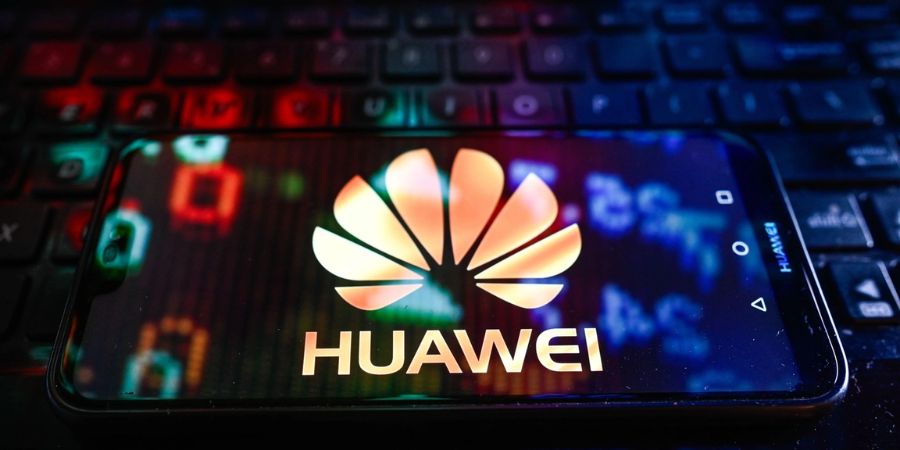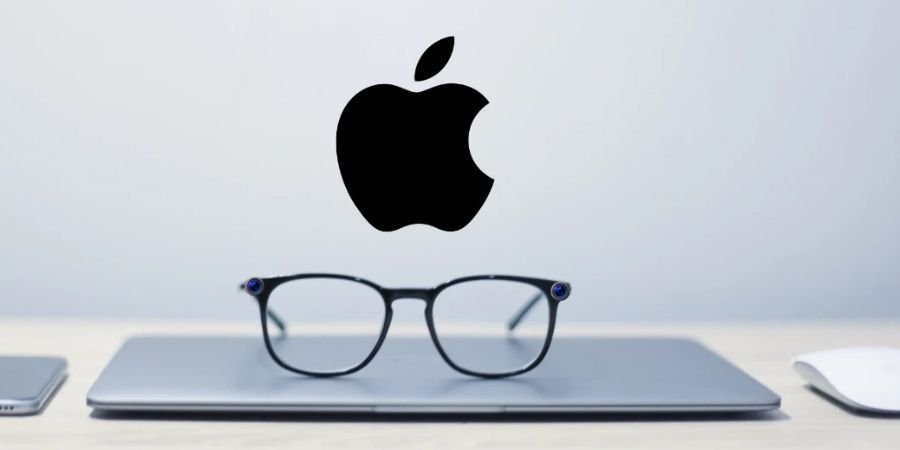Eva Dou, a business correspondent for The Washington Post, delves into the story of Huawei, China’s most powerful and controversial technology company, in her new book, House of Huawei: Inside the Secret World of China’s Most Powerful Company. The book explores Huawei’s evolution from a little-known startup in 1995 to a global technology leader blacklisted by the United States government, offering a rare glimpse into its history, leadership, and controversies.
Dou’s narrative begins in 1995, when Huawei received approval to mass-produce its first telephone switch, the C&C08. The company claimed the design was entirely its own, but questions arose about its origins. This skepticism grew as Huawei expanded rapidly, facing allegations of intellectual property theft, including a highly publicized clash with Cisco in the early 2000s. In one particularly damning instance, Huawei routers were found to contain software bugs identical to those in Cisco’s source code. Huawei attributed the incident to a rogue employee who allegedly obtained the code from a third party.
The book also profiles Ren Zhengfei, Huawei’s enigmatic founder. Dou chronicles his journey from a bookseller’s son in Guangxi Province to a military technologist during China’s Cultural Revolution, and eventually to the leader of a tech giant during the Deng Xiaoping era of economic reform. Ren’s ability to steer Huawei through political and business upheavals is portrayed as a testament to his resilience and adaptability, even as the company has become a focal point of global geopolitical tensions.
Dou’s investigation is notably comprehensive, combining firsthand accounts from interviews with Ren after the arrest of his daughter, Meng Wanzhou, in Canada, with a deep dive into Huawei’s history. Meng, Huawei’s chief financial officer, was detained at the request of U.S. authorities, sparking diplomatic strife and intensifying scrutiny of the company.
While the book refrains from drawing absolute conclusions, it raises critical questions about Huawei’s state support, alleged intellectual property violations, and the broader implications of its technological dominance. House of Huawei offers a nuanced perspective on a company that has become a symbol of both China’s technological ambitions and the West’s concerns about security and fairness in the global tech industry.
Read Also: Nvidia Leads the Charge in AI Startup Investments, Capitalizing on the AI Boom









